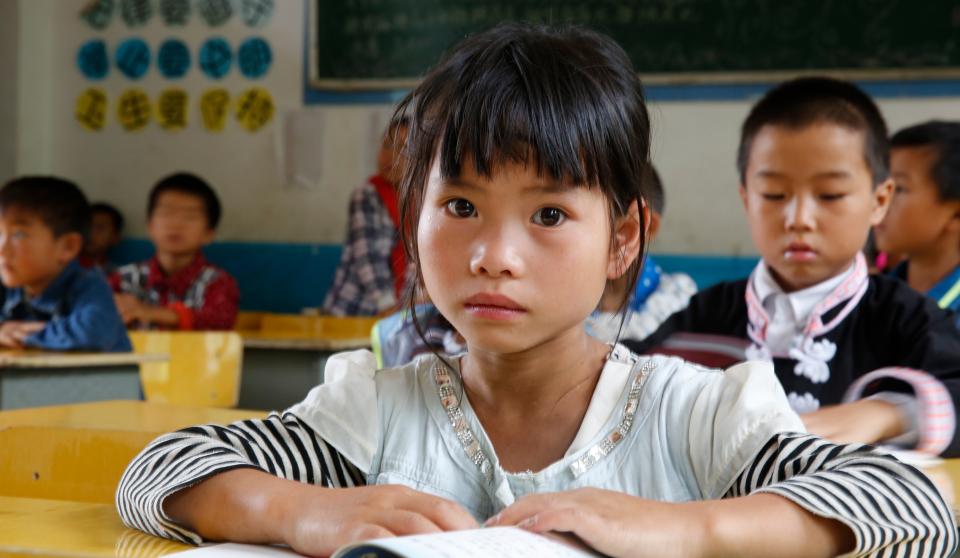A video titled "63% of Chinese Rural Children Don't Make it to Senior High," made by Professor Scott Rozelle from Stanford University, has gone viral in China. He explained that childhood interactions, companionship and playing are essential to the intellectual development of children, but a significant number of these children are left-behind children whose parents work in cities as migrant workers. The children are instead brought up by their barely-educated grandparents.
Rozelle proposes building early education centers as one way to help rural parents and grandparents learn how to play games and tell stories. But Liang Jianzhang, board director of online travel booking platform C-trip, who regularly comments on population issues, wrote in a commentary for Caixin.com that this approach also poses challenges. Such centers require the investment of huge amounts of capital and personnel, a task that cannot be achieved without governmental efforts. Moreover, children that go with their migrant-worker parents to cities also merit due attention.
A fundamental solution lies in letting the children of migrant workers come into cities to receive education there, the board director argued. In light of the fact that less than 5 percent of the population in developed countries work in agriculture, the migrant workers will mostly stay on in cities, and their children will be integrated into the urban population eventually. So the top priority at present is to build many more schools in cities to provide schooling for these children.
Liang rejects as unnecessary and misleading the concern that this would put cities under too huge a population burden. Either economically or from the experience of developed countries, he said, increasing a city’s size is the inevitable path. And by the scale effect of economics, big cities will produce more job opportunities - for instance, demand from high-income earners of big cities will produce a large number of labor-intensive job opportunities - like nannies and security guards.
Liang contends that large cities should dispense with their current policies of curtailing the inflow of population, and increase land supply and investment in infrastructure and education facilities to provide education for children of migrant workers. To provide a certain level of education, the per capita cost in large cities is far lower than in villages.

 Old Version
Old Version